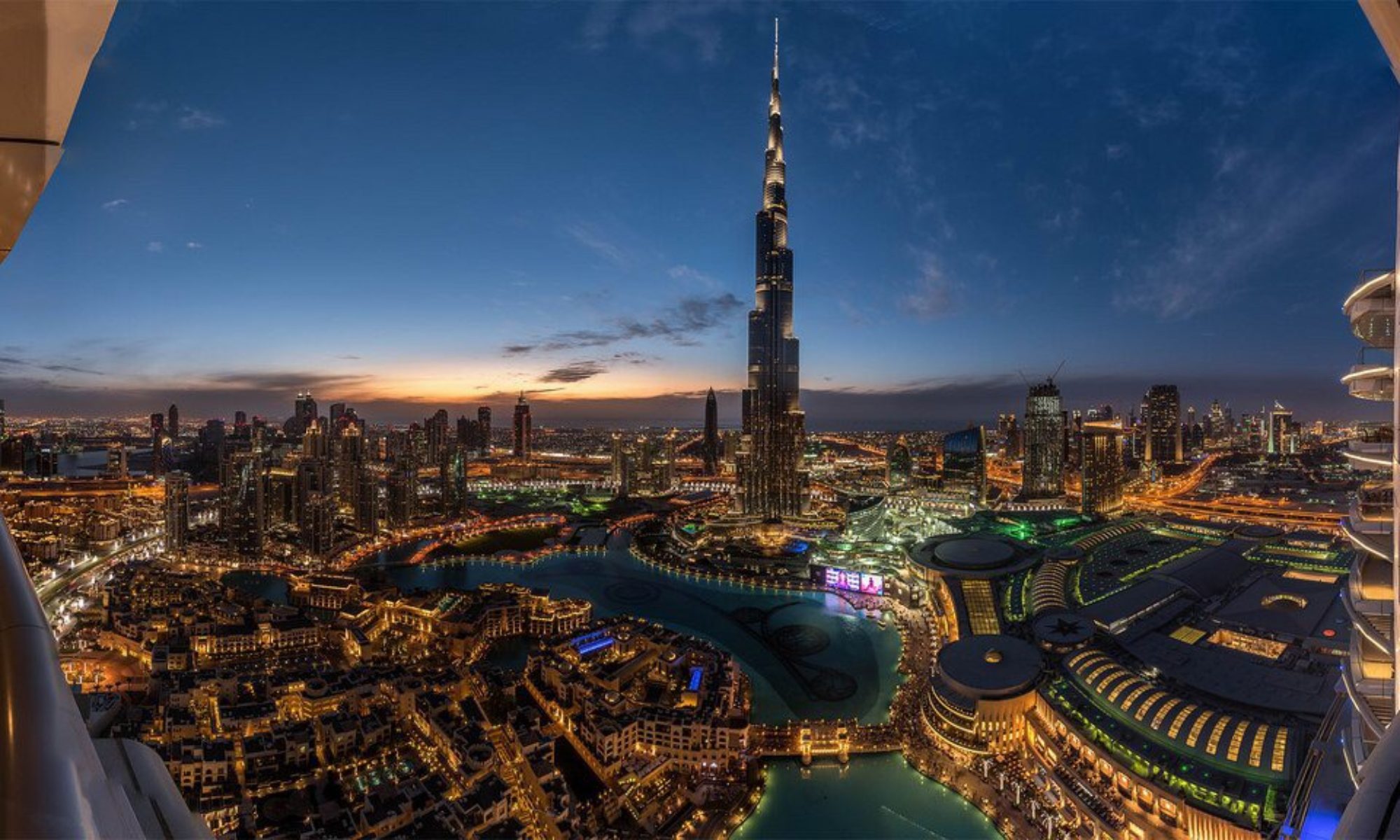http://www.economist.com/blogs/buttonwood/2017/06/1914-effect
Industrialisation meant that new sources of power emerged to challenge the old aristocratic elites—industrialists and factory workers. Workers were able to use their muscle to demand more rights and, increasingly, the vote. Elites turned to nationalism as a way of distracting voters from economic issues and shoring up their support. This nationalism led to clashes with the other great powers where their interests diverged; between Britain and Russia in Asia; Russia and Austria in the Balkans; Germany and France in north Africa.
So let us move to the current era of globalisation, during which the export share of global GDP has more than doubled since the 1960s. New economic powers have emerged to challenge American dominance; first, Japan, and now China and potentially India. Imperial overstretch threatens America as it did Edwardian Britain. The ability and, more recently, willingness of America to act as global policeman has been eroded. Indeed, unlike Britain in 1914, America is a net debtor not a creditor. Can it hold China’s ambitions in check in the Pacific, counterbalance Iran and the terrorists of Islamic State in the middle east and deal with a nationalist Russian regime? It seems clear that other powers think it can’t. They are pushing to see whether America will react.
Within the economy two big changes have occurred. Manufacturing capacity has moved from the developed world to Asia. Technology has rewarded skilled workers and widened pay gaps. Voters have rebelled by turning to parties that reject globalisation. This didn’t happen in France but generally it has made life more difficult for centre-left parties and turned centre-right parties more nativist. America’s Republicans used to be enthusiasts for free trade. Now they have elected Donald Trump.
Just as in the first era, globalisation has disrupted international and domestic power structures. Thankfully this does not mean that another world war is inevitable. But it is easy to imagine regional conflicts: Iran against Saudi Arabia, or an American attack on North Korea that provokes a Chinese reaction.
The real danger is that this a zero-sum game. Governments will appear to grab a larger share of global trade for their own countries. In doing so, they will cause trade to shrink. That might make voters even angrier. From the early 1980s to 2008, most companies could count on a business-friendly political environment in the developed world. But it looks as if that era has ended with the financial crisis. Globalisation has caused another counter-reaction.
The best hope is that technology can deliver the economic growth and rising prosperity voters want. If that happens, these threats will not disappear but they will be much reduced. But for all the hype about new technology, productivity has been sluggish. The omens are not great.
